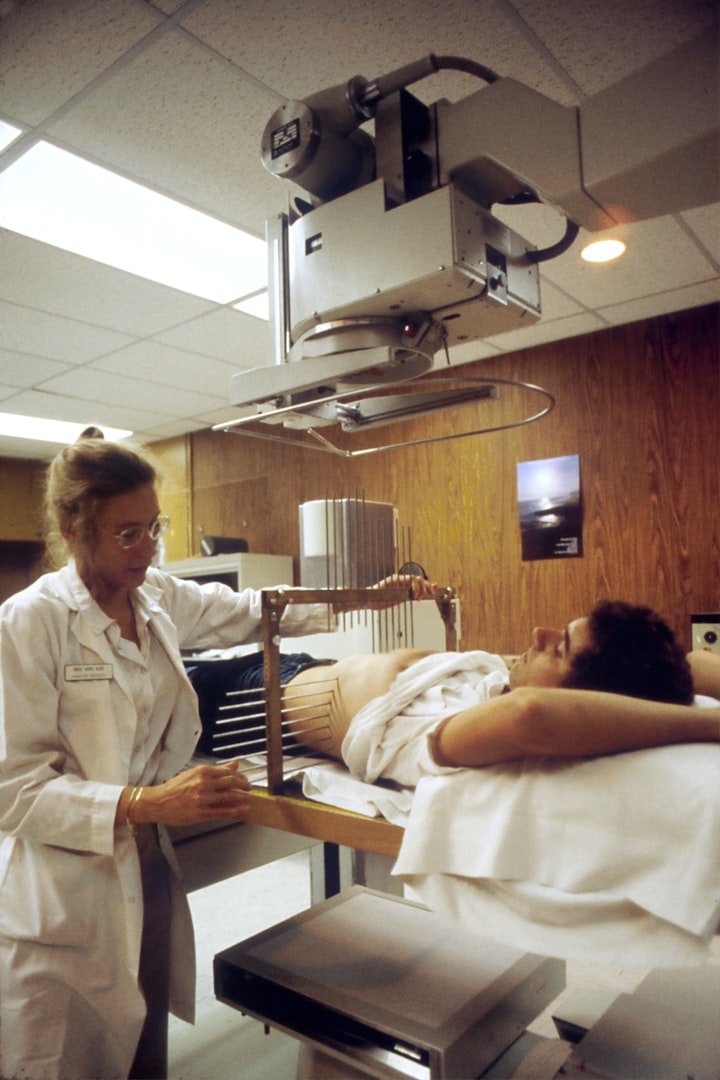Tips to Ensure Hospital Safety
hospitals are essential for providing medical care

Hospitals are places where people go to get treatment for various health conditions. While hospitals are essential for providing medical care, they can also pose certain risks to patients and staff. In this article, we will discuss some tips to ensure hospital safety.
1. Keep Your Hands Clean
One of the most important ways to ensure hospital safety is to keep your hands clean. Hands are the primary mode of transmitting infections, and this is especially true in hospitals. Patients, visitors, and healthcare workers must wash their hands regularly and thoroughly. Patients and visitors should wash their hands before and after entering a hospital room or before touching any medical equipment. Healthcare workers must wash their hands before and after seeing each patient.
2. Follow Infection Control Practices
Hospitals have specific infection control practices to prevent the spread of infections. These practices include using personal protective equipment, such as gloves, gowns, and masks, when necessary, and disinfecting medical equipment and surfaces regularly. Patients and visitors should follow these practices to reduce the risk of getting an infection.
3. Know Your Medications
Patients should know what medications they are taking and why they are taking them. It is important to keep a record of all medications and supplements and to inform healthcare providers about any allergies or adverse reactions. Patients should also ask questions about their medications and their side effects.
4. Ask Questions
Patients should feel comfortable asking questions about their treatment and care. It is important to understand the diagnosis, the treatment options, and the possible risks and benefits of each option. Patients should also ask about the credentials of healthcare providers, such as doctors, nurses, and technicians.
5. Be Alert
Patients and visitors should be alert to any changes in their health or the environment. If a patient notices any unusual symptoms or side effects, they should notify a healthcare provider immediately. Visitors should also report any safety concerns or hazards, such as wet floors or broken equipment.
6. Speak Up
Patients and visitors should feel comfortable speaking up if they notice any safety concerns or hazards. If a patient feels uncomfortable with a treatment or procedure, they should speak up and ask questions. Healthcare providers should encourage patients to speak up and take their concerns seriously.
7. Know Your Rights
Patients have the right to receive safe and high-quality healthcare. Patients should know their rights, including the right to informed consent, the right to refuse treatment, and the right to access their medical records. Patients should also know the hospital's policies on patient safety and quality of care.
8. Get Involved
Patients and visitors can get involved in hospital safety by participating in patient and family advisory councils, reporting safety concerns or hazards, and providing feedback on their experiences. Healthcare providers should encourage patients and visitors to get involved in hospital safety and to provide feedback on their care.
9. Plan Ahead
Patients and visitors should plan ahead for their hospital visits. This includes packing any necessary items, such as personal hygiene items and medications, and arranging for transportation to and from the hospital. Patients should also inform their healthcare providers of any special needs or accommodations they may require.
10. Stay Informed
Patients and visitors should stay informed about hospital safety and quality of care. Hospitals are required to report certain safety and quality measures to regulatory agencies, such as the Centers for Medicare and Medicaid Services. Patients and visitors can access this information through websites, such as Hospital Compare.
In conclusion, hospital safety is essential for providing high-quality healthcare. Patients, visitors, and healthcare providers must work together to ensure hospital safety. By following infection control practices, asking questions, being alert, and staying informed, patients and visitors can help prevent the spread of infections and ensure safe and effective care.
About the Creator
iefsafrica
I like writing and drinking coffee.
Buy me a coffee ☕: https://ko-fi.com/iefsafricagroup45913
Support me:https://medium.com/@iefsafrica/membership (affiliate)






Comments
There are no comments for this story
Be the first to respond and start the conversation.